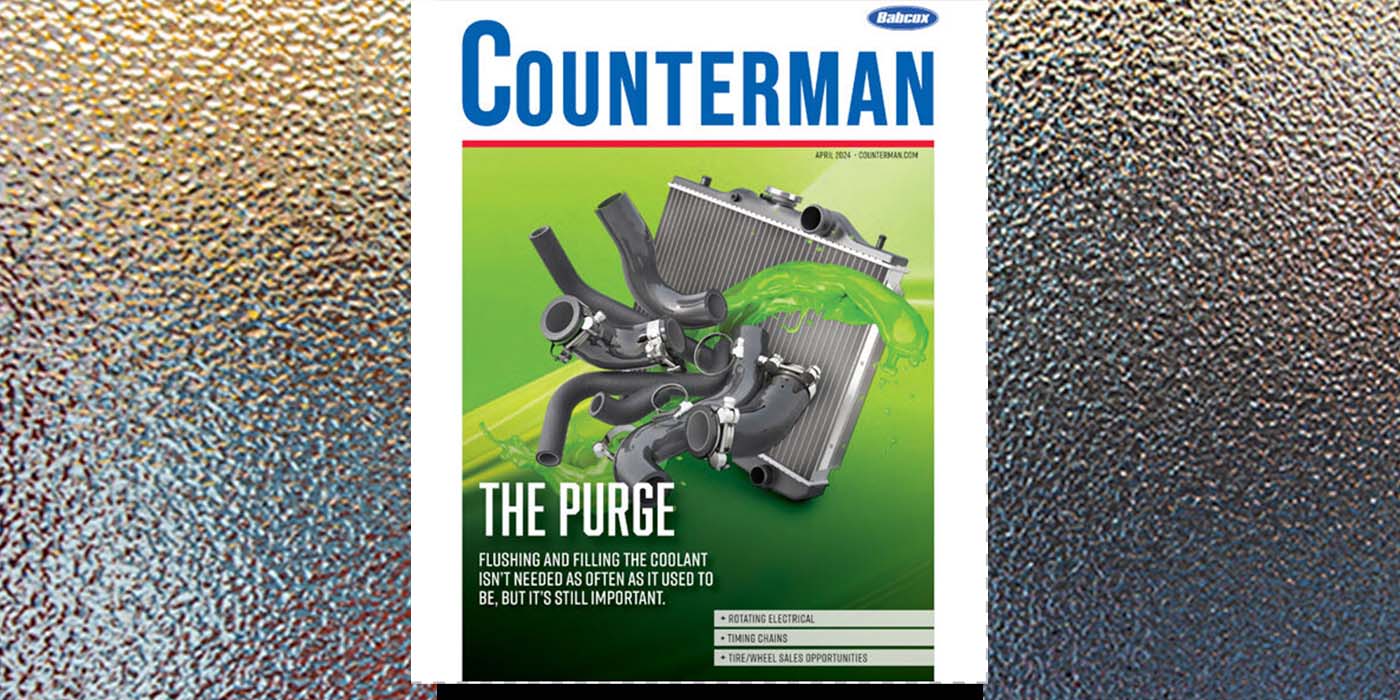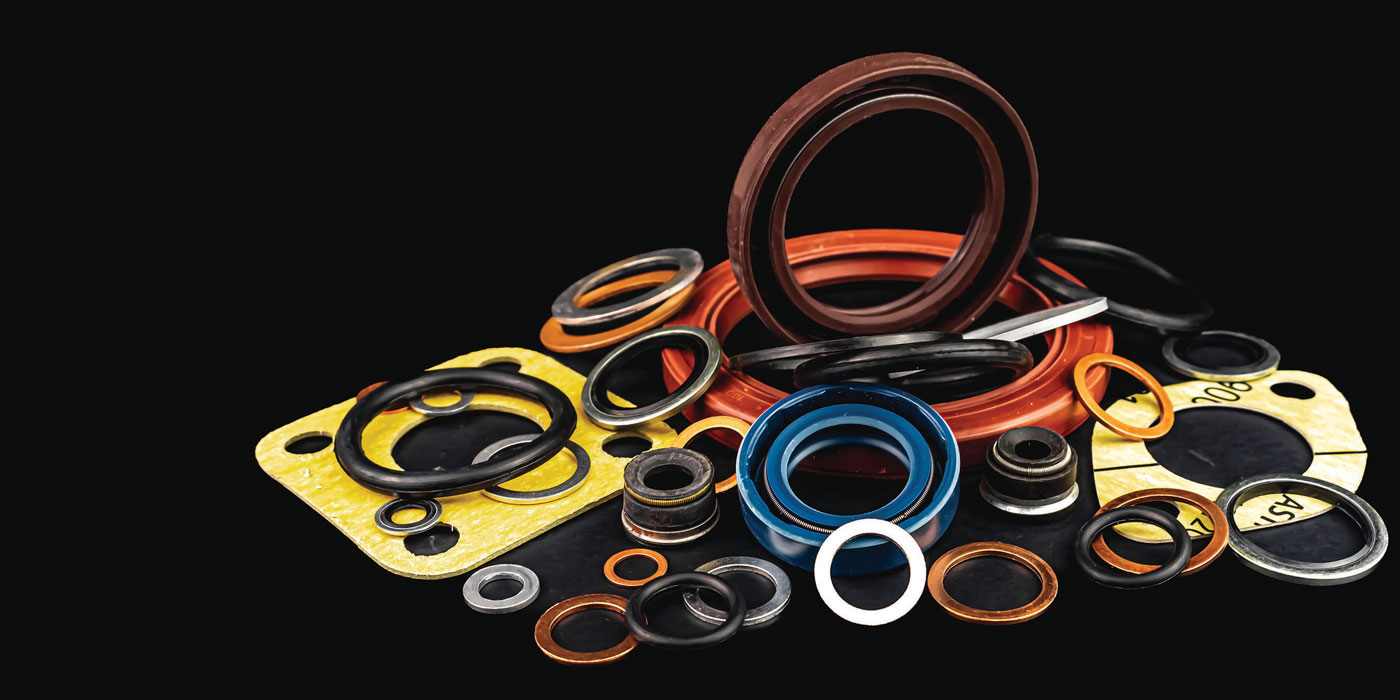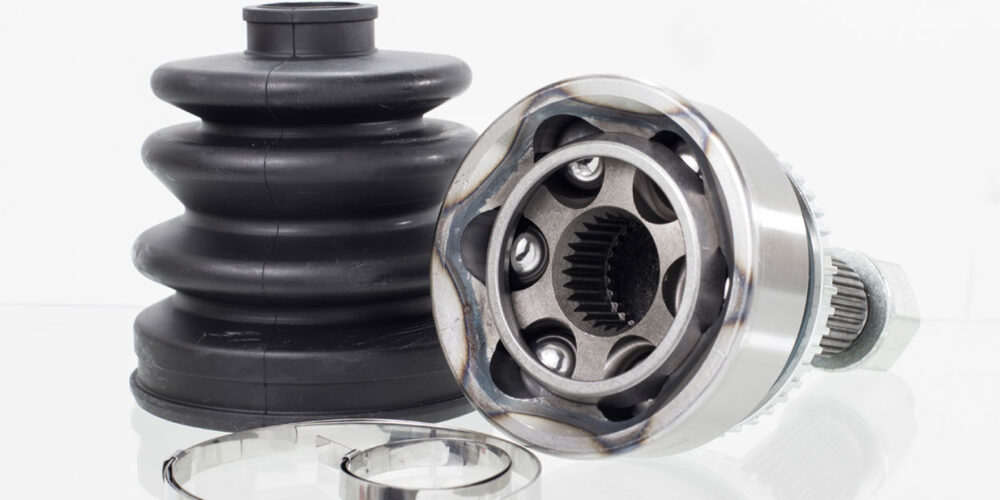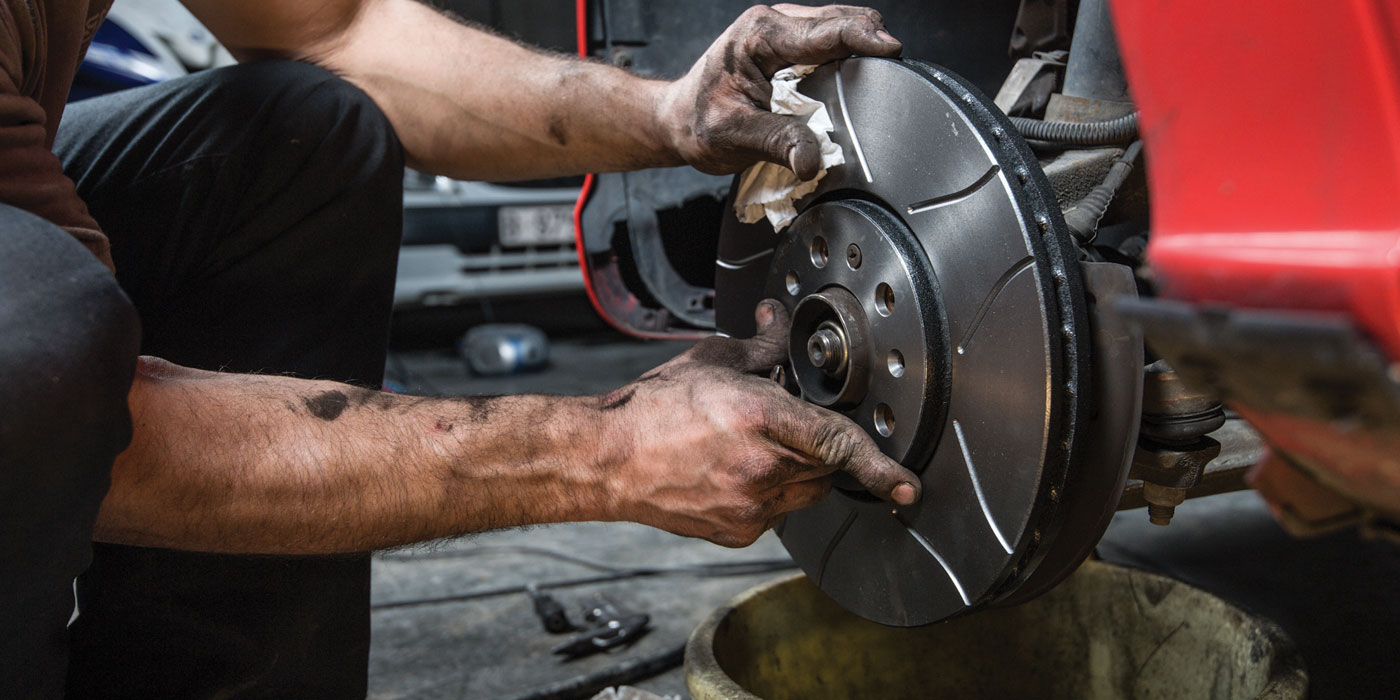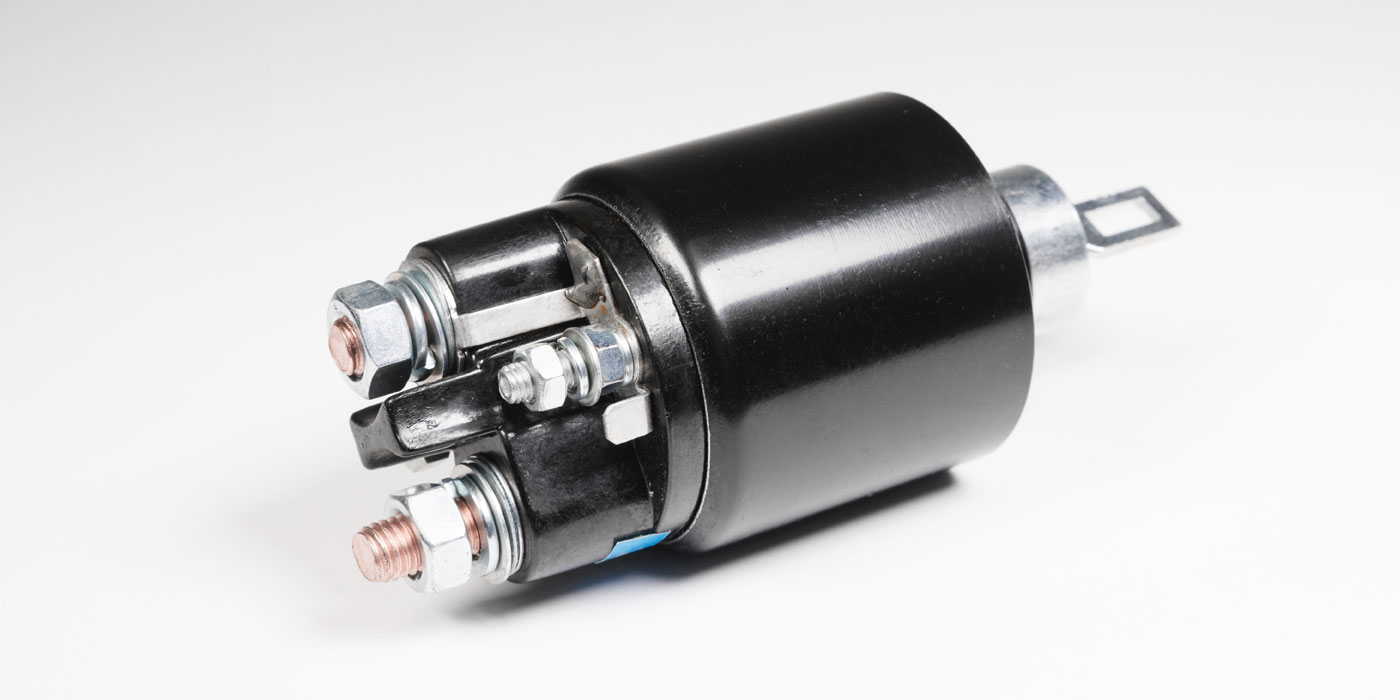The right combination of both will result in smooth acceleration.
What do you have in common with an airplane pilot? I earned my private pilot’s license more than 30 years ago. I was recently reading an issue of Pilot Journal, which featured an article that referred to a biannual flight review that is mandatory to maintain a private pilot’s license. The article described “experience” as what you learn from having things happen to you, and it described “training” as the process of learning from the experience of others. Those descriptions of experience and training certainly apply to pilots, but they also apply to non-pilots, too.
Experience is what you learn from having things happen to you. Fortunately, having things happen to you in the course of doing your job is usually not life threatening, like an unusual occurrence is for an airplane pilot in flight. I can tell you from personal experience that landing a plane in severe weather and ending up upside down is an experience that you definitely want to avoid.
Think about all of the things that happen to you every day. Now, start adding up all of the days, weeks, months and years that have made up your career in the aftermarket. Just think about all of the many details that have come together to create your experience in our industry.
I once told someone that I had more than three decades of experience in the auto parts business. That person asked me if I had 30 years of experience, or if I had 30 one-year experiences. That was a pretty profound question, and it caught me a bit off-guard. Had I put all of the pieces of all my experiences together to create a 30-year accumulated experience, or had I forgotten to connect the dots and neglected to learn everything I could have from all of my experiences?
These days, I see a lot of auto parts store owners and managers who are frustrated because they feel their employees are not linking their experiences together to become more ex- perienced professionals. A common question from them is, “Why do I have to keep telling them the same things over and over?”
This is an important concept and one that every employee with the desire for advancement needs to understand. If you ignore your obligation to “connect the dots” consistently, the career you desire in this industry, or any other, will likely come up short.
Training is the process of learning from the experiences of others. Was there ever a time when you did not learn from the experience of others? From the first moment that your mother gently gave you her first instruction, you were learning from another person. You were being trained.
During your very first day on your first job, the passing of experience from another person to you, training, started immediately. If you are a caring and concerned employee, that process of training has never stopped. Oh sure, as we develop in our positions and master the skills required to do our jobs, less focus is placed on formal, recurrent training. But the opportunity to train, to learn from someone else’s experiences, is a real possibility every day, if you are watching for it.
It never ceases to amaze me when I walk through the front doors of auto parts stores today and see the different reactions I get. After learning who I am and who I work for, a small percentage of employees will immediately begin to question me about my knowledge and experience with the product I represent. But a far greater percentage of the time I am ignored.
The experience and training I offer is usually shared with the employees by the will of the owner, or manager. I’ve even had situations where an individual “knew it all” and resented having to waste his time listening to me.
That’s sad.
We all become a product of our experiences, as people and as employees. I recently went to see a Louie Anderson comedy show in Las Vegas, where I live. In his act, Louie said, “If you are like my mom’s side of the family, you eat bad things and you’re fat, and if you are like my dad’s side of the family, you are skinny and drunk.”
Connecting the good experiences and discarding the bad ones, to a large part, determines the kind of person – or employee — we turn out to be. The good news is that we will always be exposed to new experiences. You can decide right now to always get the most out of every opportunity to learn.
Experience and training go hand-in-hand, and to the victor of mastering this ongoing process go the spoils. So you do have something in common with aircraft pilots, don’t you?

